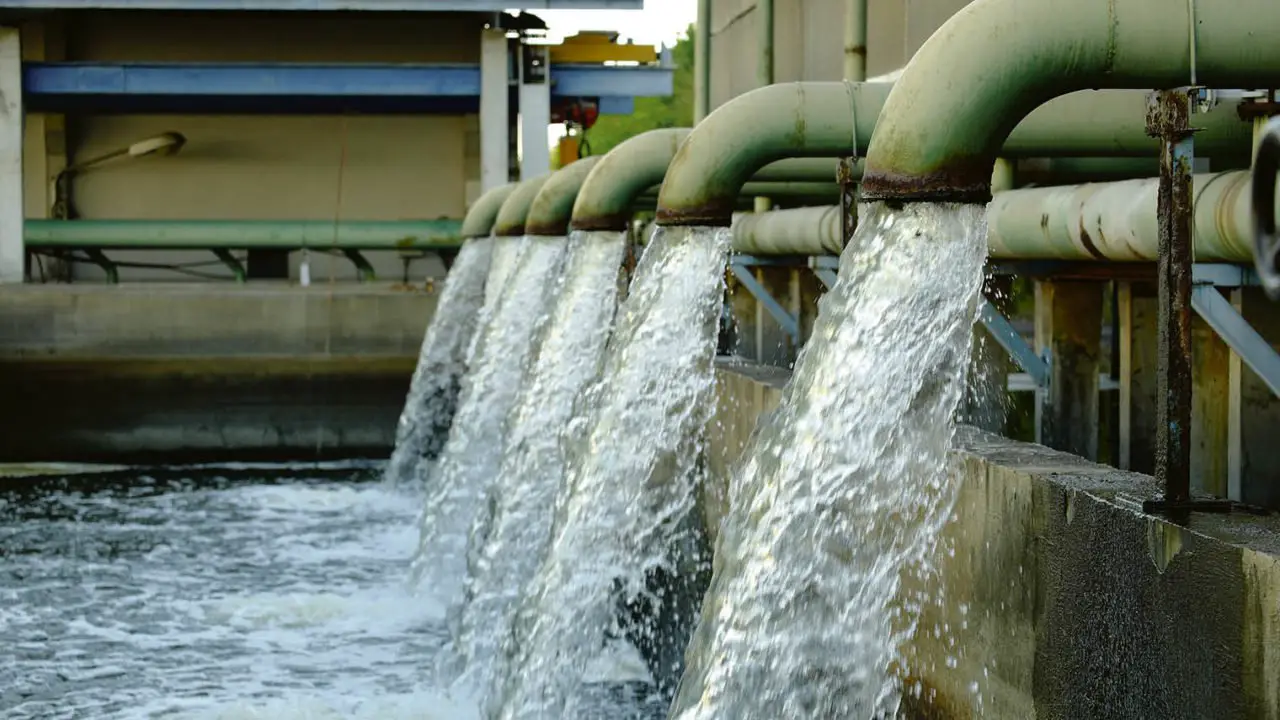South Africa’s Department of Water and Sanitation(DWS) is set to launch series of mini-Phakisa’s to attempt to resolve the most pressing matters facing the country’s water infrastructure sector.
DWS strategic and emergency projects deputy director-general Trevor Balzer confirmed the reports and said, over the next eight weeks, the department will mobilise provincial level Phakisa’s prior to driving the outcomes into a major national level Phakisa by March.
“There have been operation Phakisas for the agricultural sector, the health sector, the rural development sector and the oceans economy. Now it was the water industry’s turn, with a focus on the priority points of the National Water and Sanitation Master Plan,” said Trevor.
Owing to the complexities and scale of the challenges facing the water sector, the Phakisa must first be broken into mini provincial scale planning phases before elevating it to a central national level, DWS strategic and emergency projects deputy director-general Trevor Balzer said on Friday.
Also Read: Phase 2 of Lesotho Highlands Water Project to commence
The Phakisa methodology
The Phakisa methodology, approved by the Cabinet last year enables sector partners to agree on the concrete actions, budgets and time frames necessary to implement the master plan. The master plan is based on five key objectives that define a new normal for water and sanitation management in South Africa, and identifies the priority actions required until 2030 to ensure water security and unlock equitable access to water and sanitation.
The Key objectives include; resilient and fit-for-use water supply; universal water and sanitation provision; equitable sharing and allocation of water resources; effective infrastructure management, operations and maintenance; and a reduction in future water demand.
South Africa experiences a US $2bn shortfall every year of the estimated US $7bn required a year for a sustainable water sector. This results to more than three-million citizens without access to basic water supply and the 14.1-million with no access to safe sanitation.

Leave a Reply